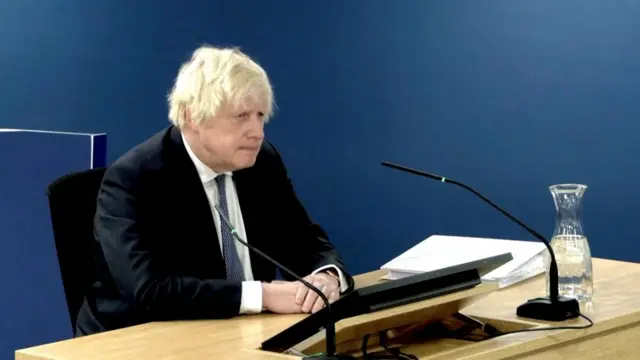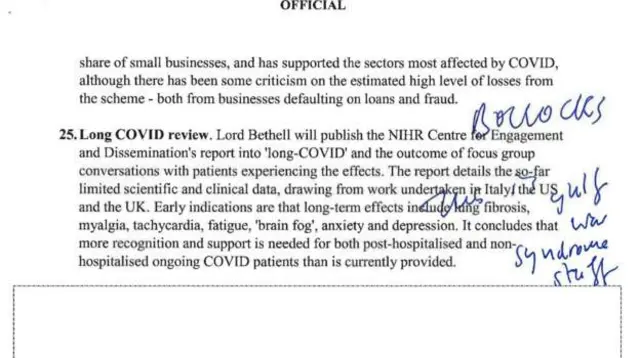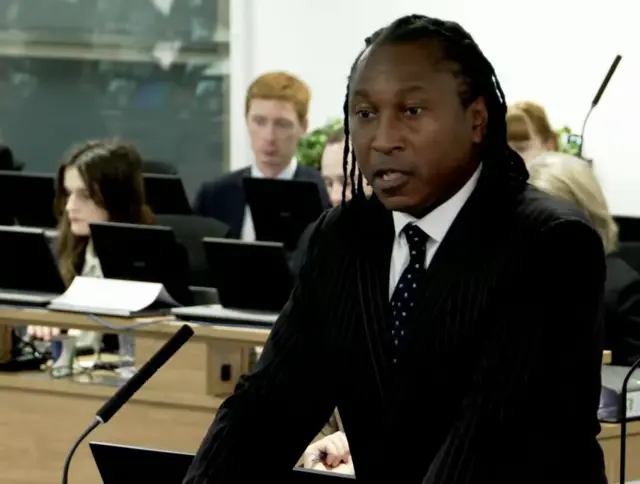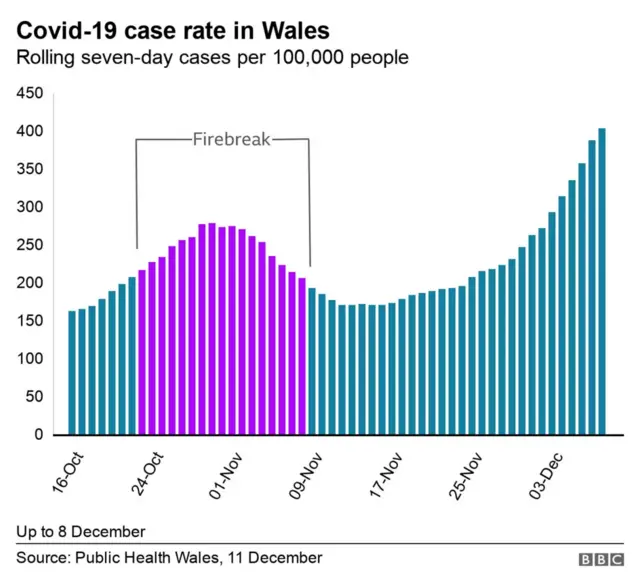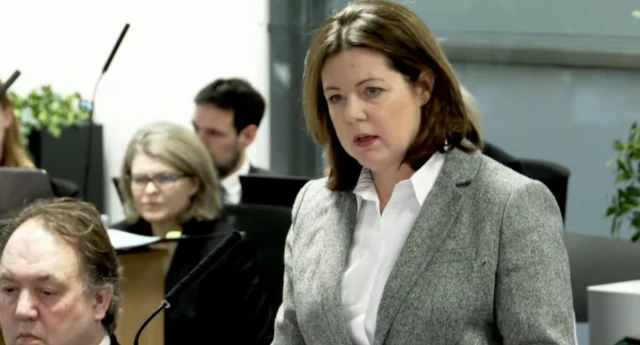A day of searching questions as Johnson goes back to 2020published at 17:13 GMT 7 December 2023
 Hugh Pym
Hugh Pym
Health editor
It was a day of searching questions for Boris Johnson, mostly on events in the latter part of 2020.
The inquiry counsel focused on events surrounding the autumn lockdown, pressing Johnson on why he hadn’t gone for a September circuit-breaker as advised by leading officials.
This is developing as a key theme for this phase of the inquiry. Johnson said he had preferred a regional approach to avoid penalising lower infection areas - it was “worth a try,” as he said more than once.
But he had to admit that the tiered approach in England eventually failed.
The former prime minister was asked by more than one lawyer to explain why in private messages at the time he had reportedly said “let the virus rip” and referred to the elderly who died with Covid as having had a “good innings”. One asked whether this was appropriate for a prime minister.
And, challenged by the KC representing ethnic minority organisations, Johnson admitted he had not seen a Public Health England report in 2020 on disparities and inequalities.
Many of the bereaved and others represented will feel the hearing confirmed their suspicions and previous criticisms of Johnson.
But it will be up to the inquiry chair to weigh up his evidence along with that of many others.


